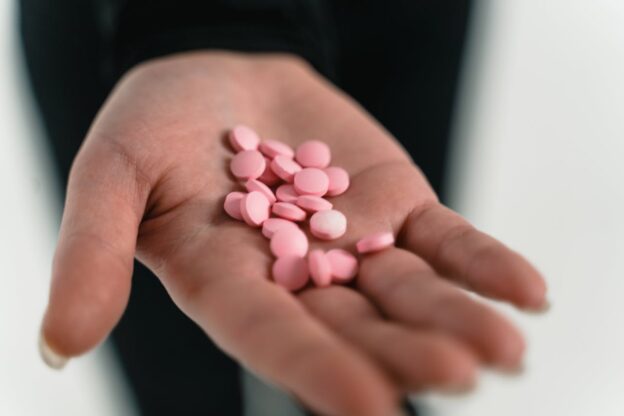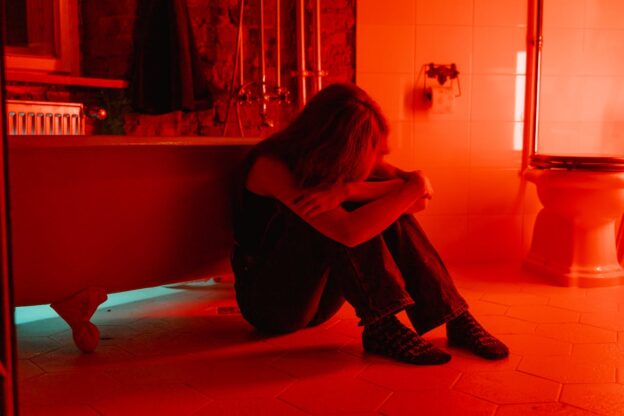You may have heard about pink cocaine at parties or online, and it can sound harmless or even trendy. Still, the truth is very different. Pink cocaine is often a mix of powerful drugs, and you rarely know what is actually in it. That makes every use a serious risk. You could face panic, heart problems, or even overdose after one night. Over time, it can lead to strong cravings and loss of control. If you or someone close to you is struggling, you are not alone. Many people need real support to stop. Drug and alcohol rehab in West Virginia can help you get safe, steady care. The first step is learning the facts, and that starts right here with clear, honest information.













